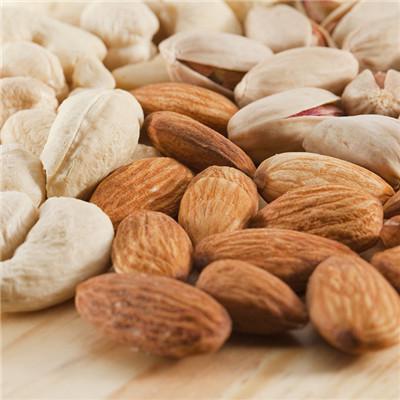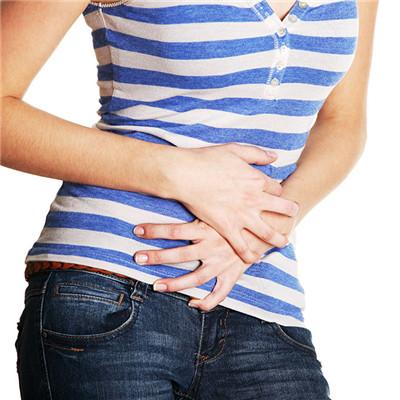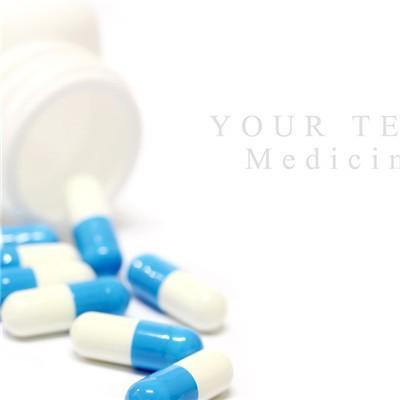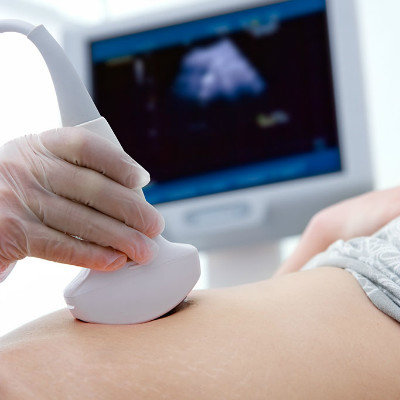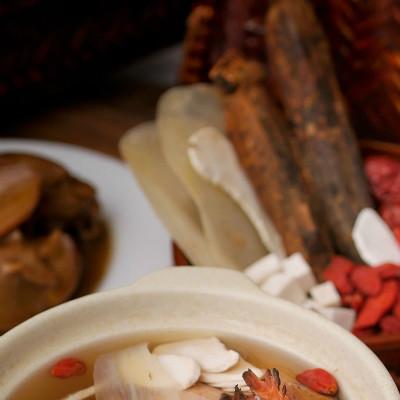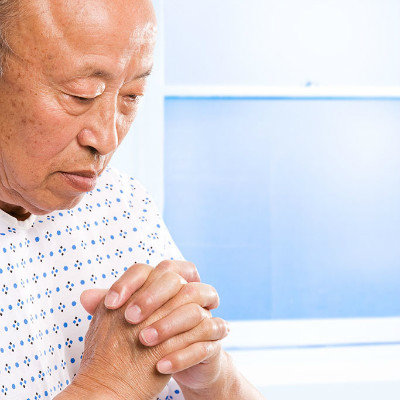Common symptoms of mitral stenosis?
summary
We know that different patients with mitral stenosis have different clinical symptoms due to their different severity of stenosis, different speed of disease progression, different living conditions, different occupations, different labor intensity and different body compensation mechanism. But according to the clinical cases, it can be roughly divided into the following symptoms.
Common symptoms of mitral stenosis?
Dyspnea: when mitral stenosis enters the stage of left atrial failure, dyspnea of different degrees may occur. Early only in severe physical labor or strenuous exercise, a little rest can alleviate, often does not attract the attention of patients. With the aggravation of mitral stenosis, I feel shortness of breath in my daily life and even at rest, and often have paroxysmal dyspnea at night. If the patient's condition develops further, he is often unable to lie on his back, so he needs to take a semi reclining position or sit upright breathing. These symptoms are often aggravated by infection (especially respiratory tract infection), tachycardia, emotional excitement and atrial fibrillation.
Cough: unless complicated with respiratory tract infection or acute pulmonary edema, it is mostly dry cough, which is more common at night or after work. The venous reflux increases, aggravating pulmonary congestion and causing cough reflex; Sometimes irritative dry cough is caused by the compression of the left bronchus by the enlarged left atrium. Pulmonary congestion, edema and exudation of bronchial mucosa, together with the decrease of ciliary function of bronchial epithelial cells, are easy to cause bronchial and pulmonary infection. At this time, expectoration may occur.
Chest pain: Patients with mitral stenosis and severe pulmonary hypertension may have poststernal or precordial compression or chest pain, which lasts longer than angina pectoris. Nitroglycerin is ineffective. The mechanism of chest pain is unknown. Chest pain may disappear after mitral stenosis surgery. In addition, mitral stenosis with rheumatic coronary arteritis, coronary artery embolism or pulmonary infarction can also cause chest pain.
matters needing attention
Mitral stenosis patients should pay attention to their diet, do not eat spicy food, in the drug treatment at the same time can also be dietotherapy, so as to achieve twice the result with half the effort, such as doing porridge is a good choice, eat more fresh fruits and vegetables every day.


